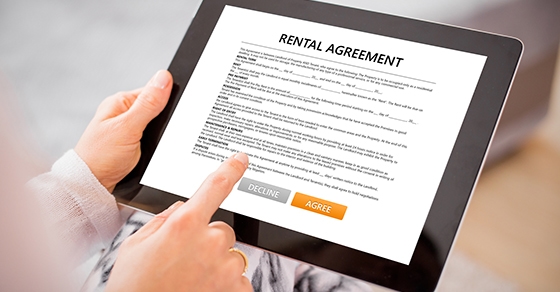balance sheet
Footnotes appear at the end of a company’s audited financial statements. These disclosures provide insight into account balances, accounting practices and potential risk factors — knowledge that’s vital to making…
Read MoreUpdated accounting rules for long-term leases took effect in 2019 for public companies. Now, after several deferrals by the Financial Accounting Standards Board (FASB), private companies and private not-for-profit entities…
Read MoreIn recent years, the accounting rules for certain balance sheet items have transitioned from historical cost to “fair value.” Examples of assets that may currently be reported at fair value…
Read MoreDuring the pandemic, many employees have postponed using their allotted paid time off until COVID-related restrictions are lifted and safety concerns subside. This situation has caused an increase in accruals…
Read MoreDoes your business need a loan? Before contacting your bank, it’s important to gather all relevant financial information to prove your business is creditworthy. By anticipating information requests, you can…
Read MoreBusinesses and nonprofit entities capitalize machines, furniture, buildings, and other property, plant and equipment (PPE) assets on their balance sheets. Here’s a refresher on some common questions about how to…
Read MoreUnfortunately, many businesses have experienced problems with collections during the COVID-19 pandemic. Accounts receivable are a major item on most companies’ balance sheets. Slow-paying — or even nonpaying — customers…
Read MoreIt’s almost time for calendar-year businesses to prepare their year-end financial statements. If used correctly, these reports can be a valuable management tool. Use them in benchmarking and forecasting to…
Read MoreMany businesses are closed or are limiting third-party access as COVID-19 surges across the United States. These restrictions could still be in place at year end — a time when…
Read MoreThe accounting rules for reporting leasing transactions are changing. Though these changes have been delayed until 2021 for private companies (and nonprofits), it’s important to know the possible effects on…
Read More









